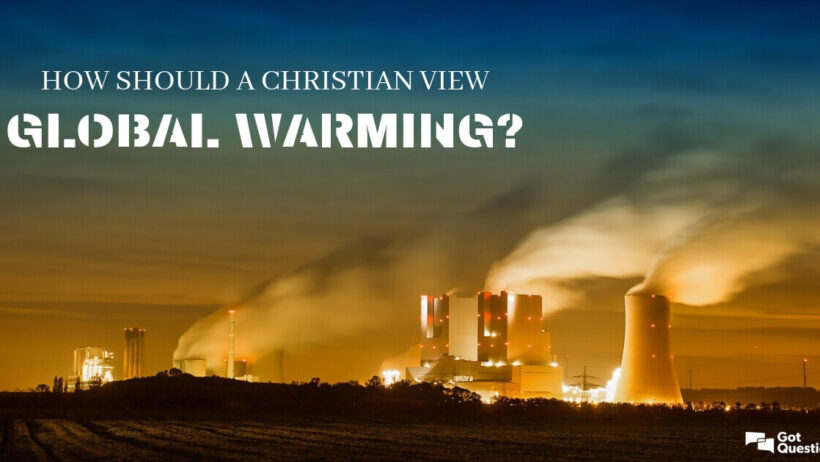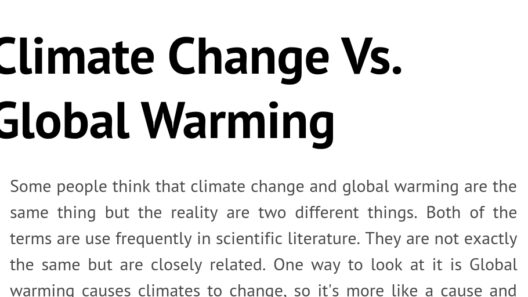Global warming, a significant and pressing issue of our time, raises questions that intertwine science, ethics, and spirituality. As the planet’s temperatures rise, so does the scrutiny of how such an existential threat aligns with various religious beliefs. Does the argument for climate action contradict the teachings of faiths across the world? Or could it be viewed as a divine imperative to care for the earth? This exploration delves into the intersection of climate and faith, examining how different religious narratives approach the matter of global warming.
At its core, global warming results from human activity, notably the combustion of fossil fuels, deforestation, and industrial processes that release greenhouse gases. These actions have been linked to catastrophic changes in climate patterns, impacting ecosystems and human livelihoods alike. However, the theological implications of these phenomena are not straightforward and often demand an examination of scripture, tradition, and ethical considerations within various religious frameworks.
Christianity, one of the world’s largest religions, offers a multi-faceted perspective on environmental stewardship. The biblical principle of dominion found in Genesis, where God grants humanity the responsibility to tend to creation, has historically sparked debate. Some interpret this dominion as a license to exploit natural resources selfishly, while others advocate for a more nuanced understanding of stewardship. The latter posits that to care for the earth is, in fact, a sacred duty bestowed upon humanity. Numerous Christian denominations have increasingly embraced environmentalism, advocating for sustainable practices as acts of faithfulness.
However, one might ask, “Does this emphasis on stewardship imply that global warming is a consequence of human misconduct?” Many Christians would argue that the deterioration of the planet is indeed a wake-up call, beckoning believers to rectify their ways. The moral imperative is evident: to protect creation is to honor the Creator. Such a stance can be viewed as both a call to action and a theological challenge—how does one balance inherent human fallibility with the necessity of caring for the earth?
Judaism adds layers to this discourse. The Jewish concept of “tikkun olam” or “repairing the world” emphasizes social responsibility and ecological ethics. Many Jewish traditions advocate for sustainable living, viewing it as a moral obligation toward future generations. This perspective could be seen as a direct rebuttal to the notion that global warming contradicts religious beliefs. Rather, it reinforces the idea that faith compels action against environmental degradation. It is a potential challenge—if believers can highlight their responsibility to repair the world, what should their response be to global warming?
Islam, too, has a rich tapestry of teachings that relate to environmental ethics. The Qur’an articulates the importance of living in harmony with the natural world. The Arabic term “khalifa” signifies humanity’s role as stewards of the earth, charged with protecting Allah’s creation. Islamic teachings advocate for sustainability and moderation—principles that directly counteract the excesses contributing to global warming. Herein lies another playful question: how can adherents of Islam find strength in their faith to confront climate change, especially when their scriptures offer a moral and ethical framework that champions the environment?
Buddhism introduces another dimension to the conversation, focusing primarily on interconnectedness and impermanence. The teachings of the Buddha emphasize compassion towards all beings and the recognition that one’s actions have far-reaching consequences. From this lens, the escalating crisis of climate change underscores the interdependence between humans and the environment. It also challenges individuals to reflect on their consumption patterns and lifestyles. A potential challenge emerges—how can one cultivate awareness and compassion in the face of environmental degradation, which appears so massive and insurmountable?
Hinduism, with its plethora of beliefs and practices, offers profound insights into the sacredness of nature. The concept of “Dharma” involves righteousness, where individuals are encouraged to respect and protect the natural world. Many Hindu scriptures extoll the virtues of living in harmony with nature, and there are numerous rituals and practices aimed at honoring the earth. The challenge arises in reconciling the economic pursuits that often clash with these principles. How can modern Hindus maintain their sacred duty to the planet while navigating the demands of contemporary life?
As we traverse through these diverse religious viewpoints, a curious realization emerges: rather than conflicting outright with religious beliefs, global warming challenges faith communities to align their actions with their core values. The urgency of climate change compels believers to reassess their responsibilities toward creation. For many faith leaders, this is not just a secular issue; it is a spiritual battle for the soul of humanity and the planet.
In conclusion, global warming serves as a profound touchpoint for interfaith dialogue, inviting believers to unite in the common mission of stewardship. While varying interpretations may lead to diverse actions, the underlying message remains consistent: the moral imperatives present within religious teachings advocate for the protection of creation. Far from being a dichotomy, the interplay between climate and faith can cultivate greater awareness, compassion, and, ultimately, action toward preserving our planet for generations to come. As faith communities grapple with these challenges, the question remains: will they rise to the occasion, embracing their collective responsibility to safeguard the earth?








